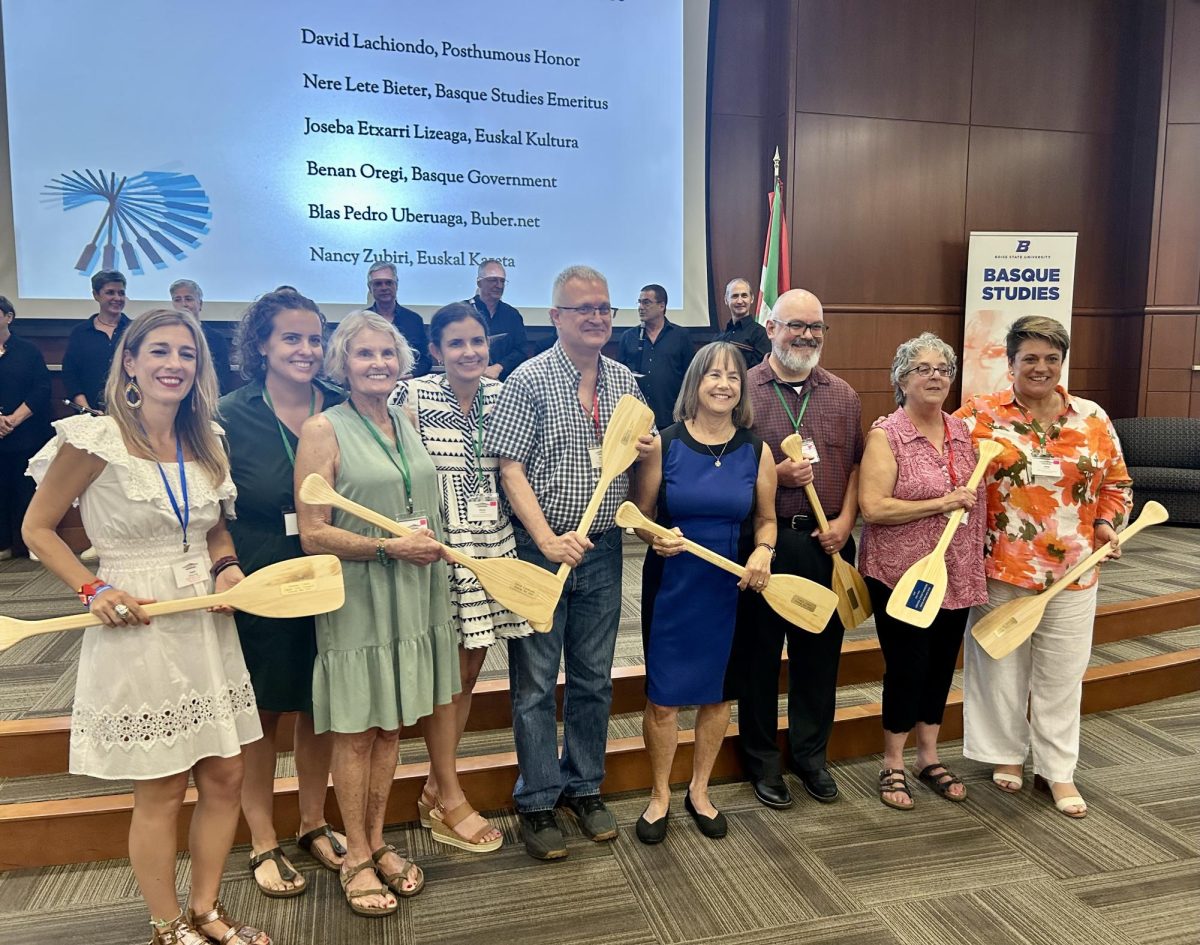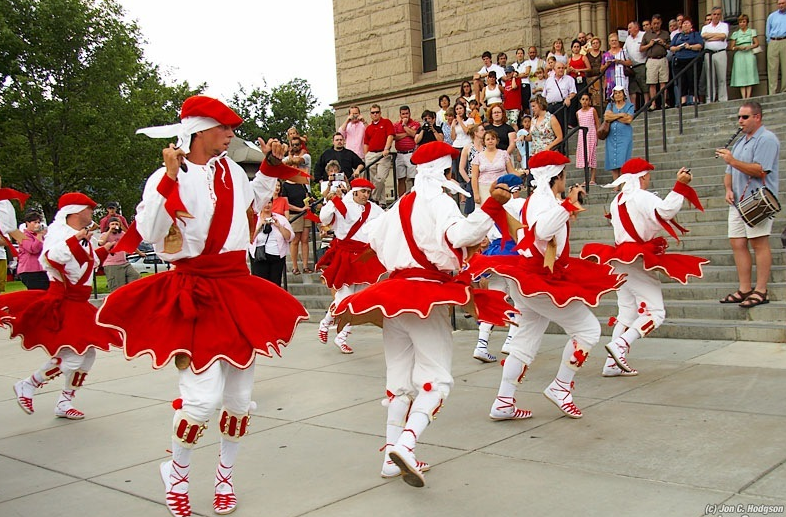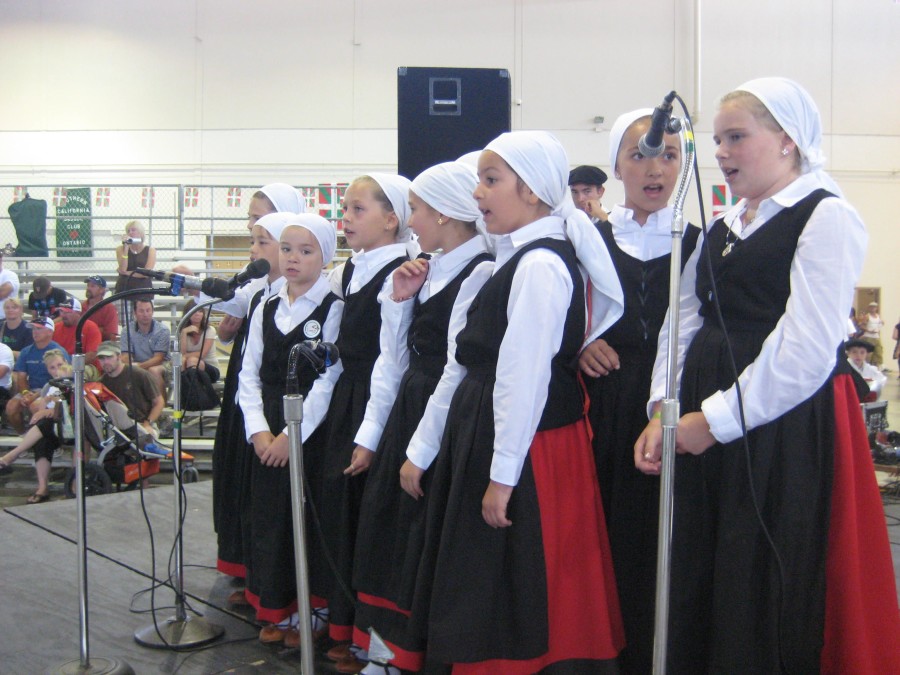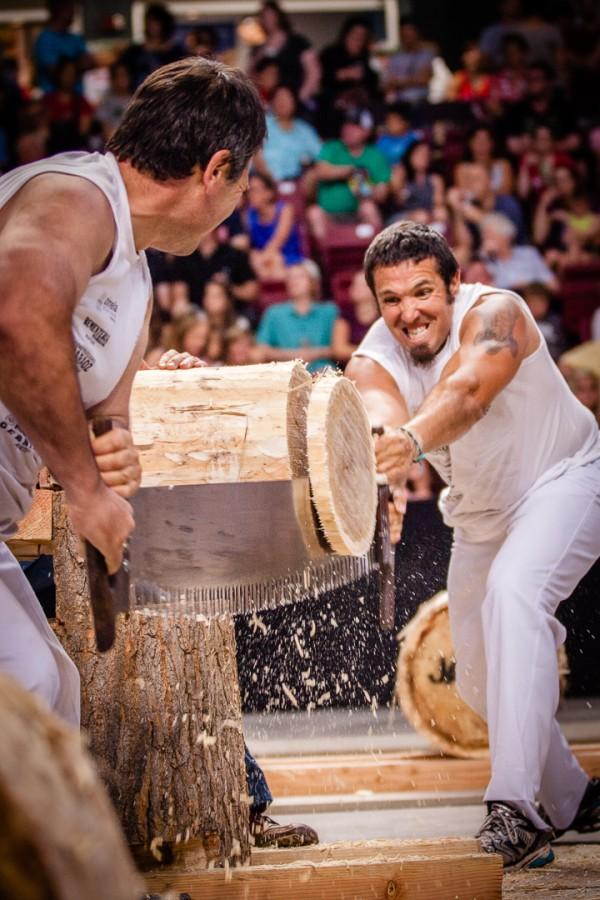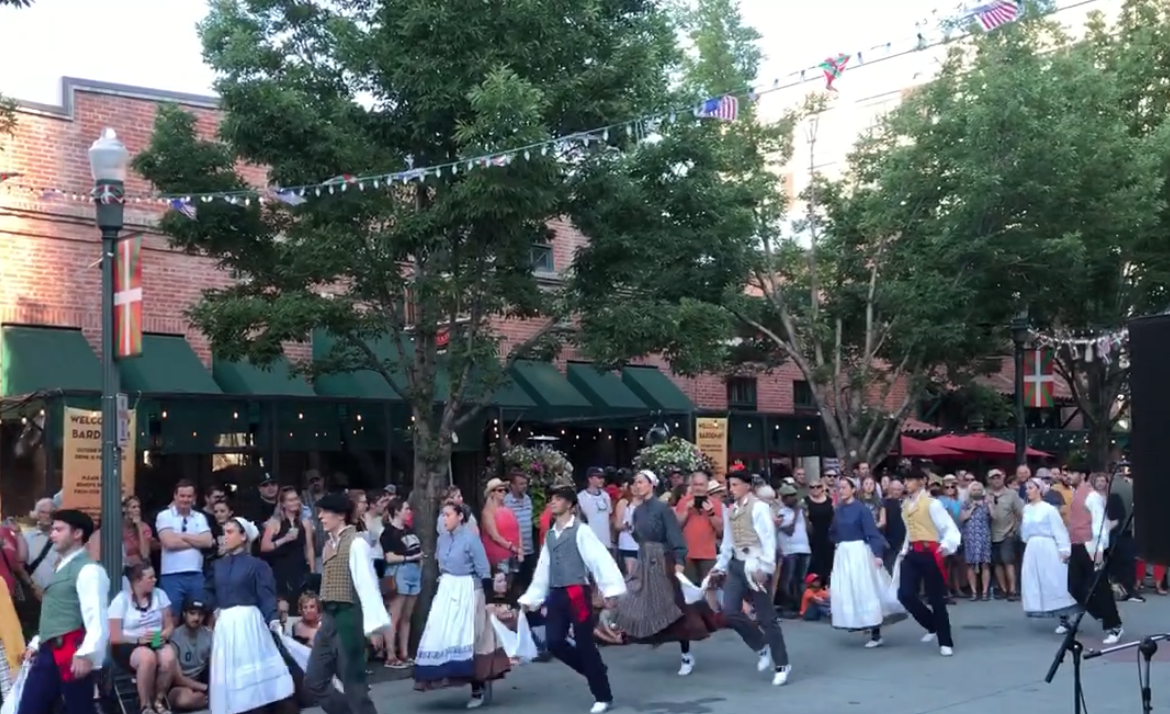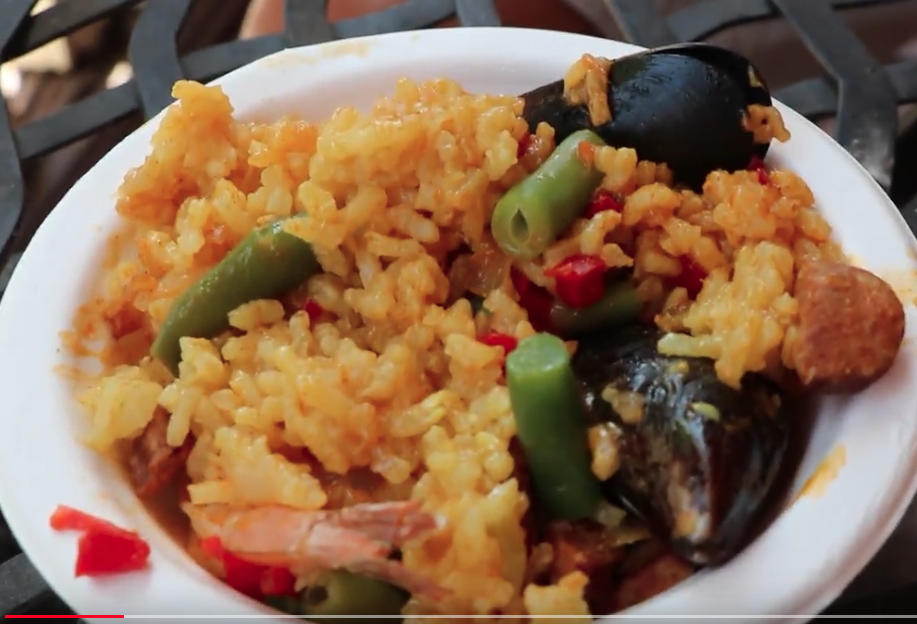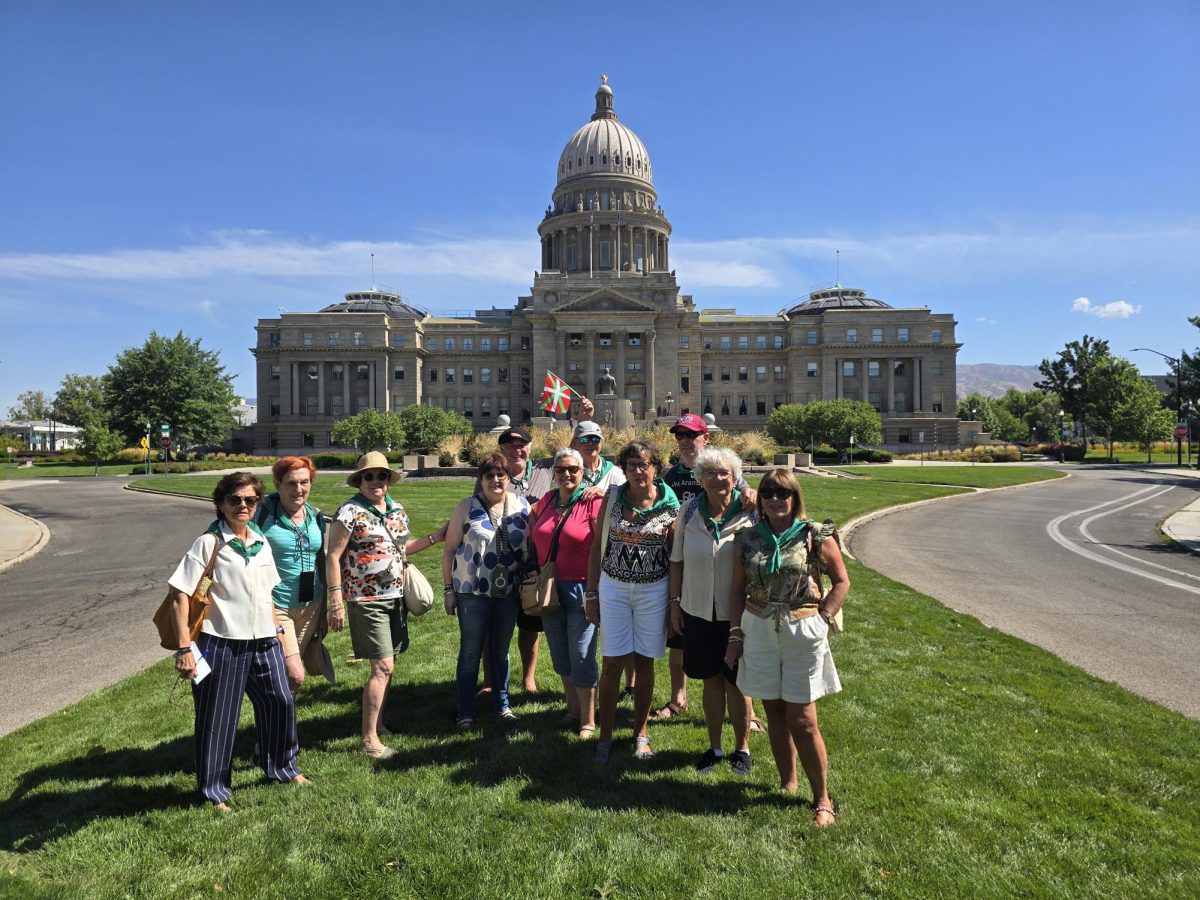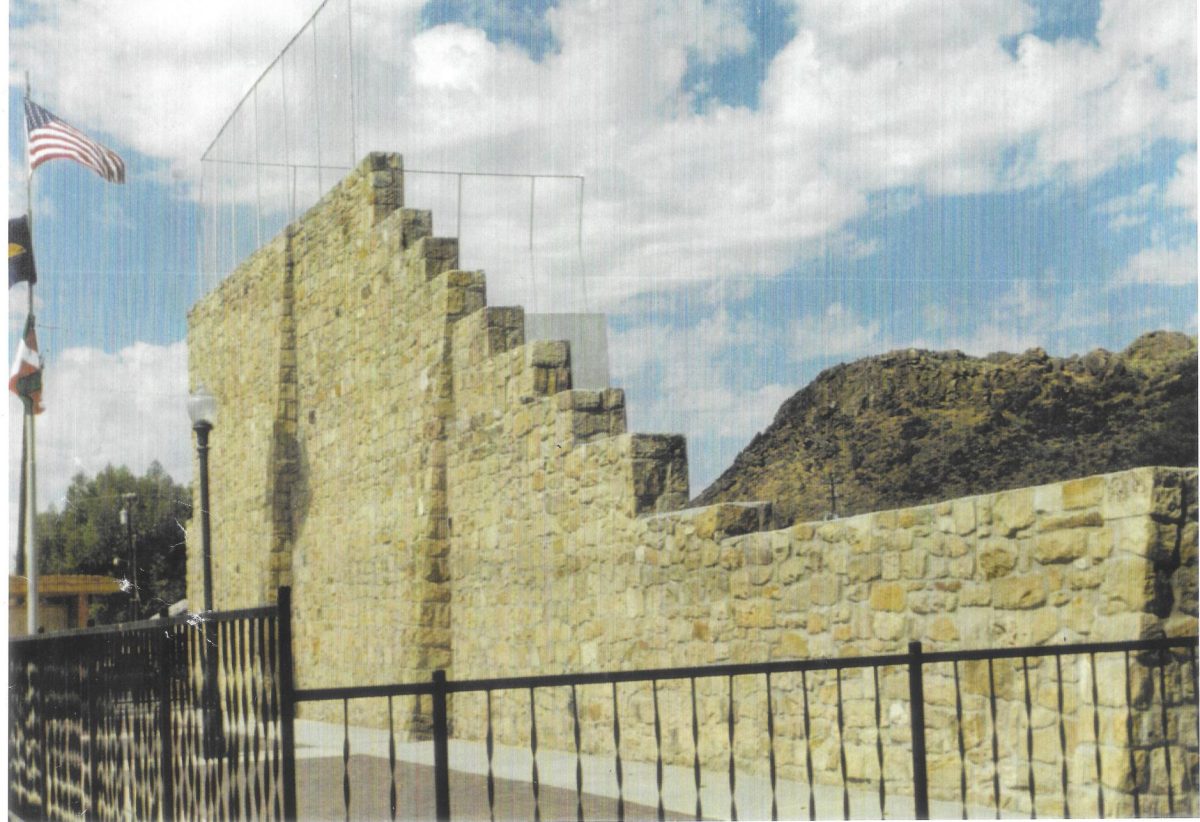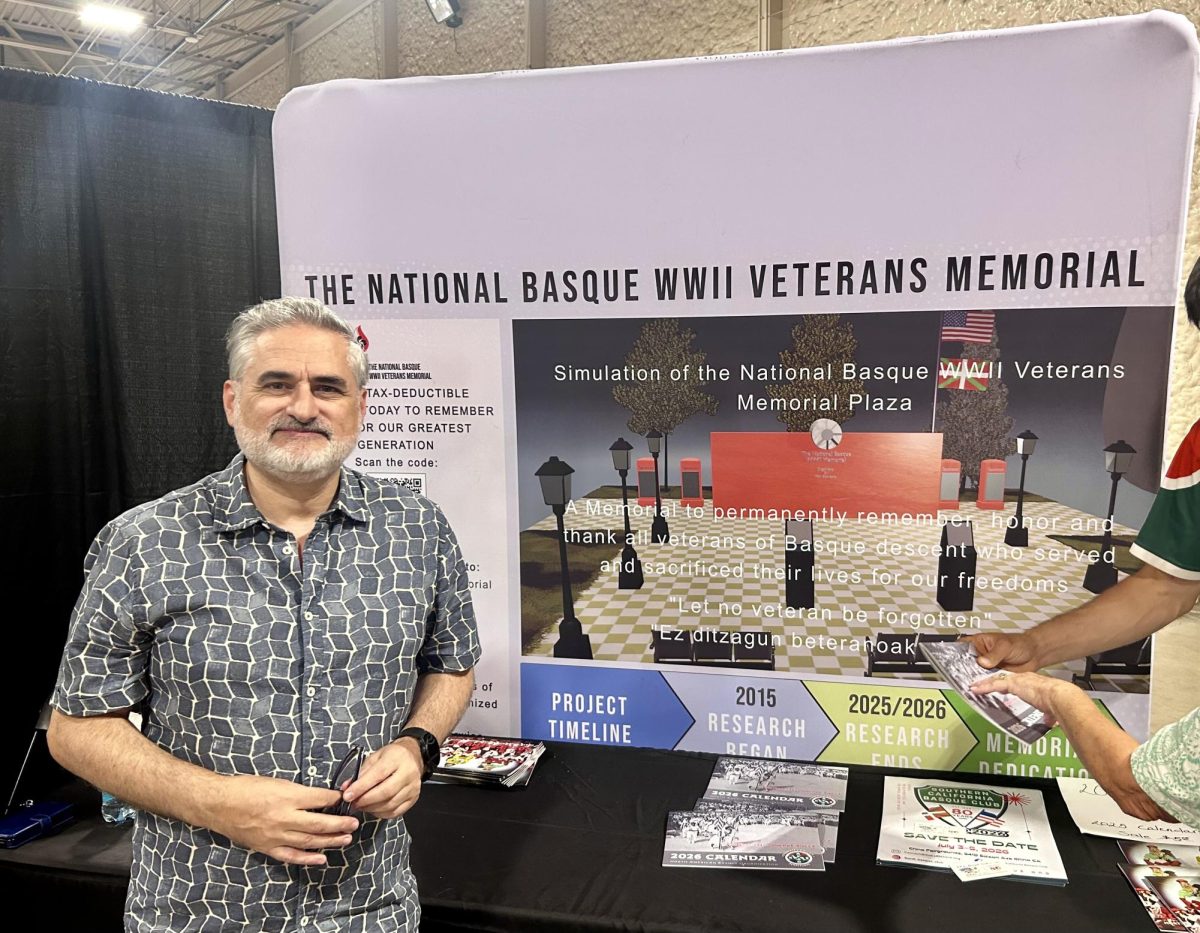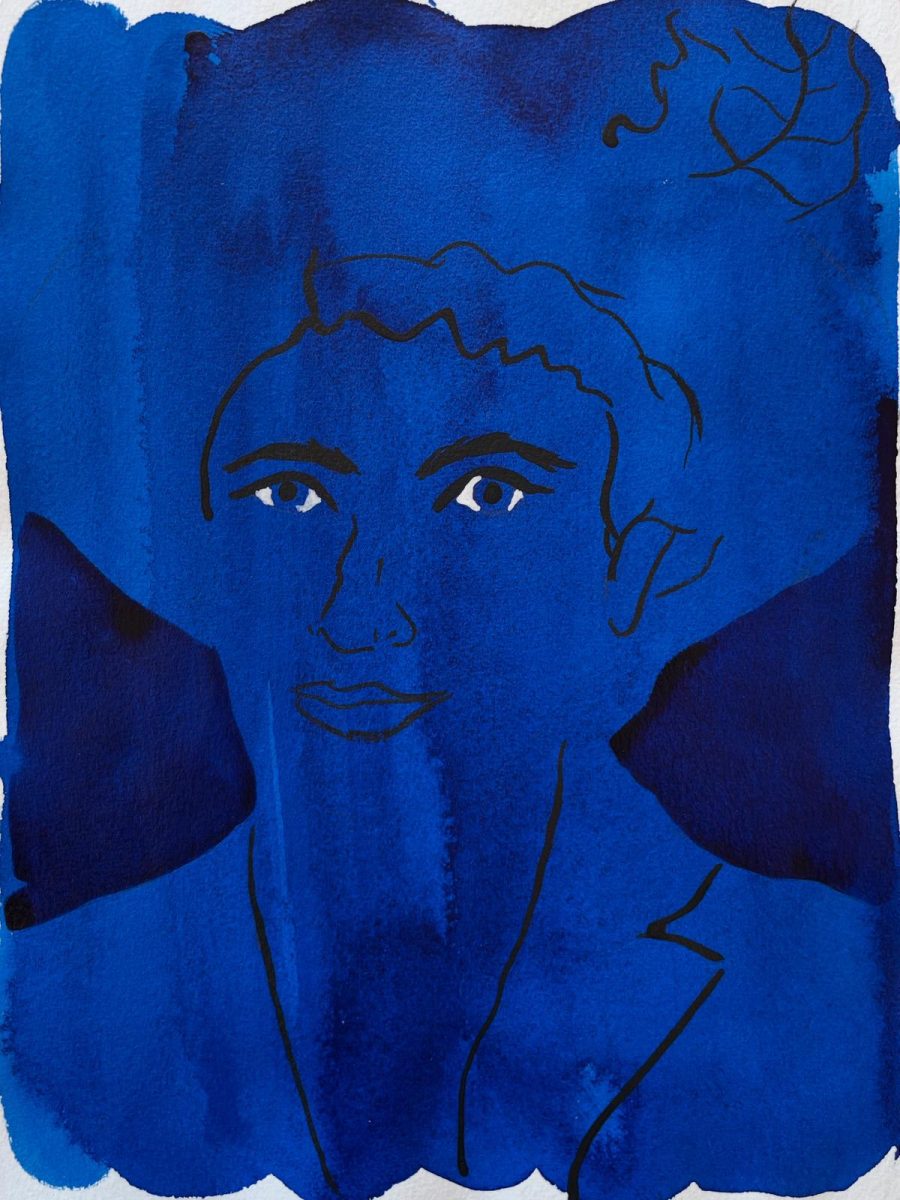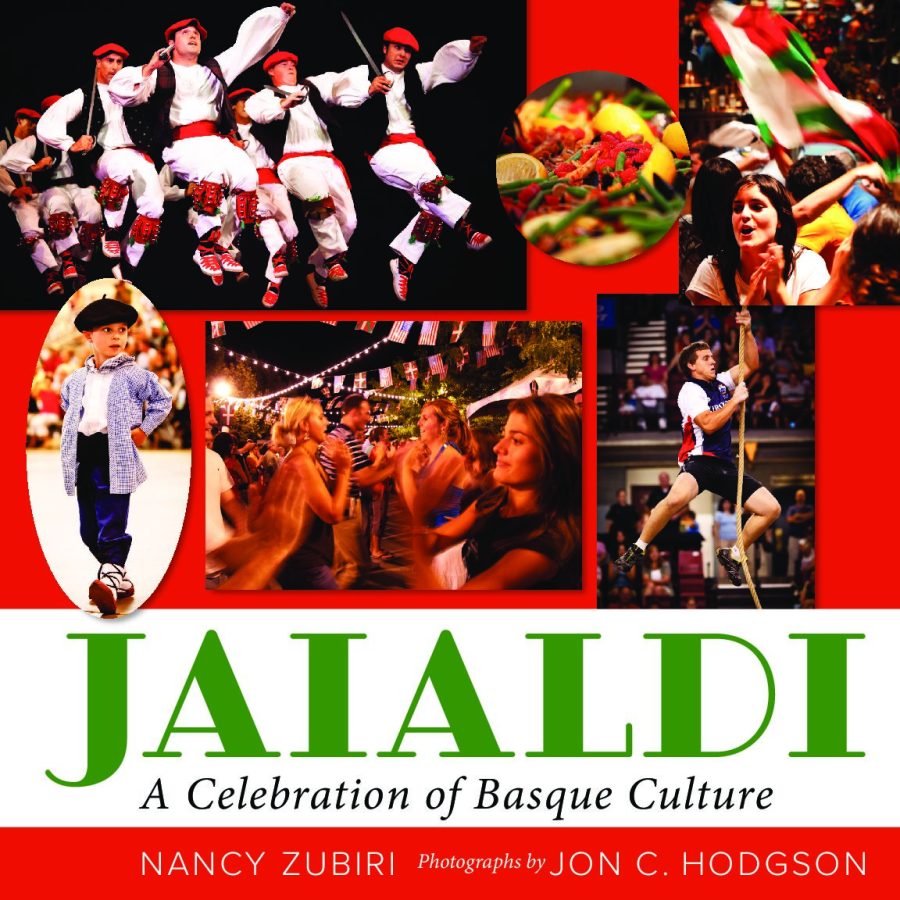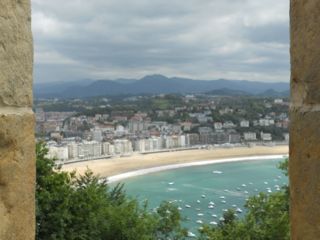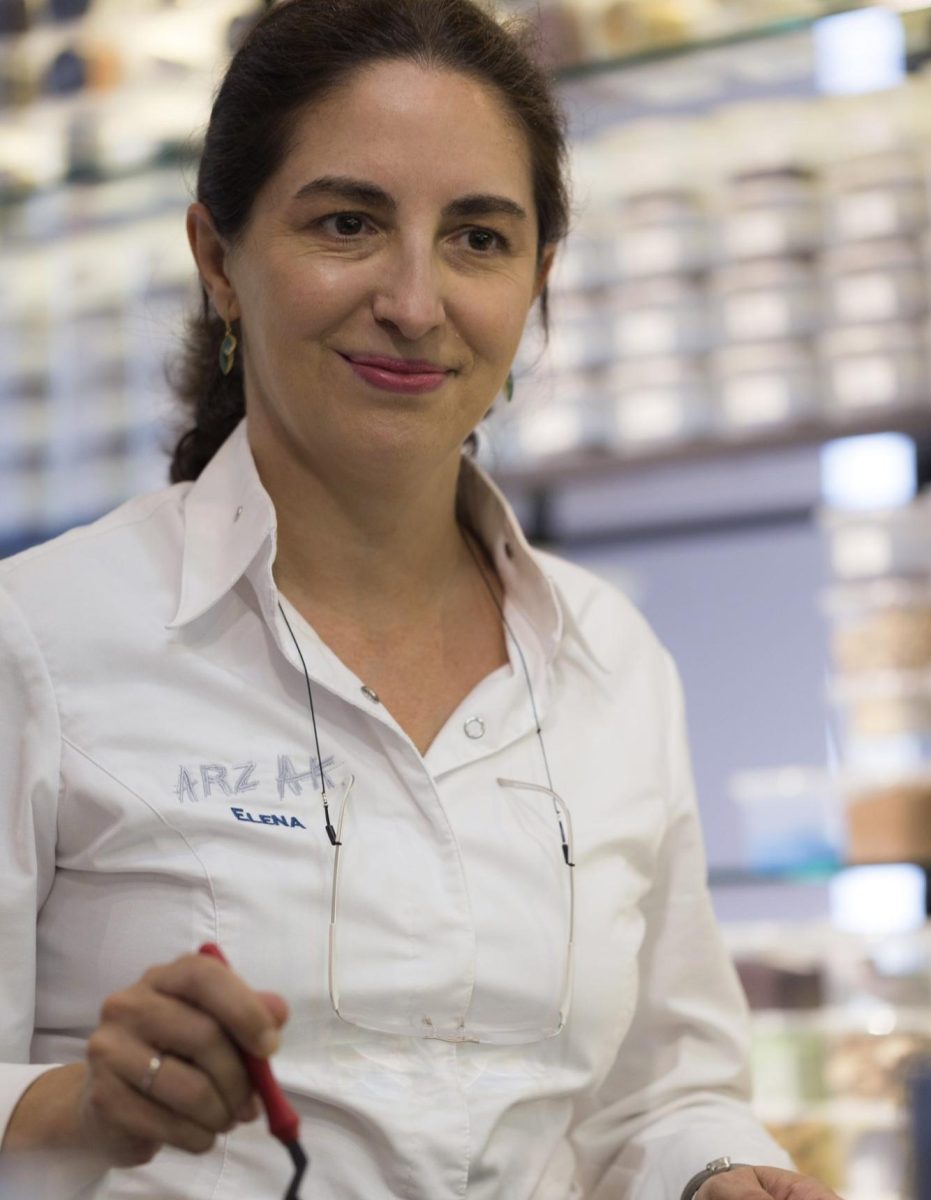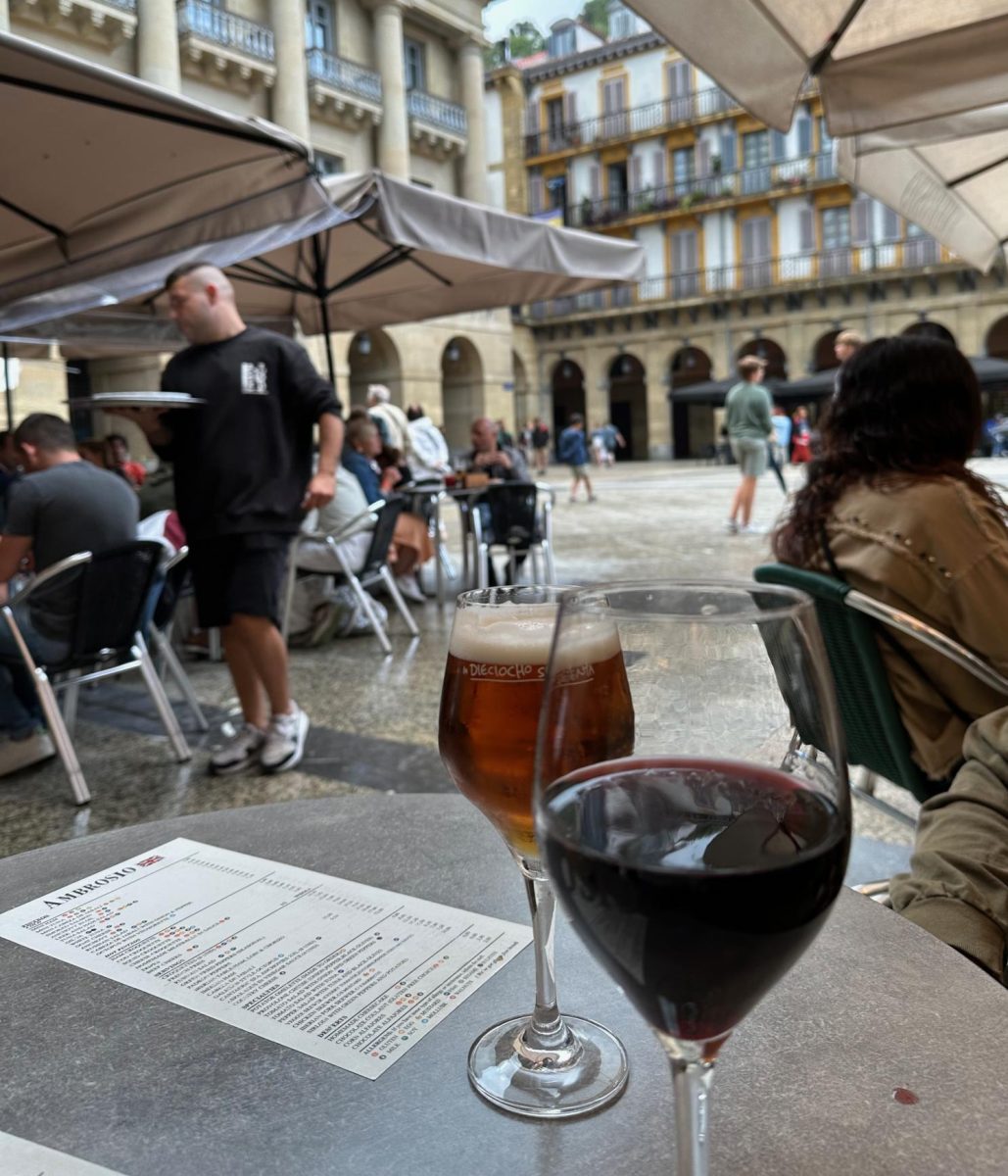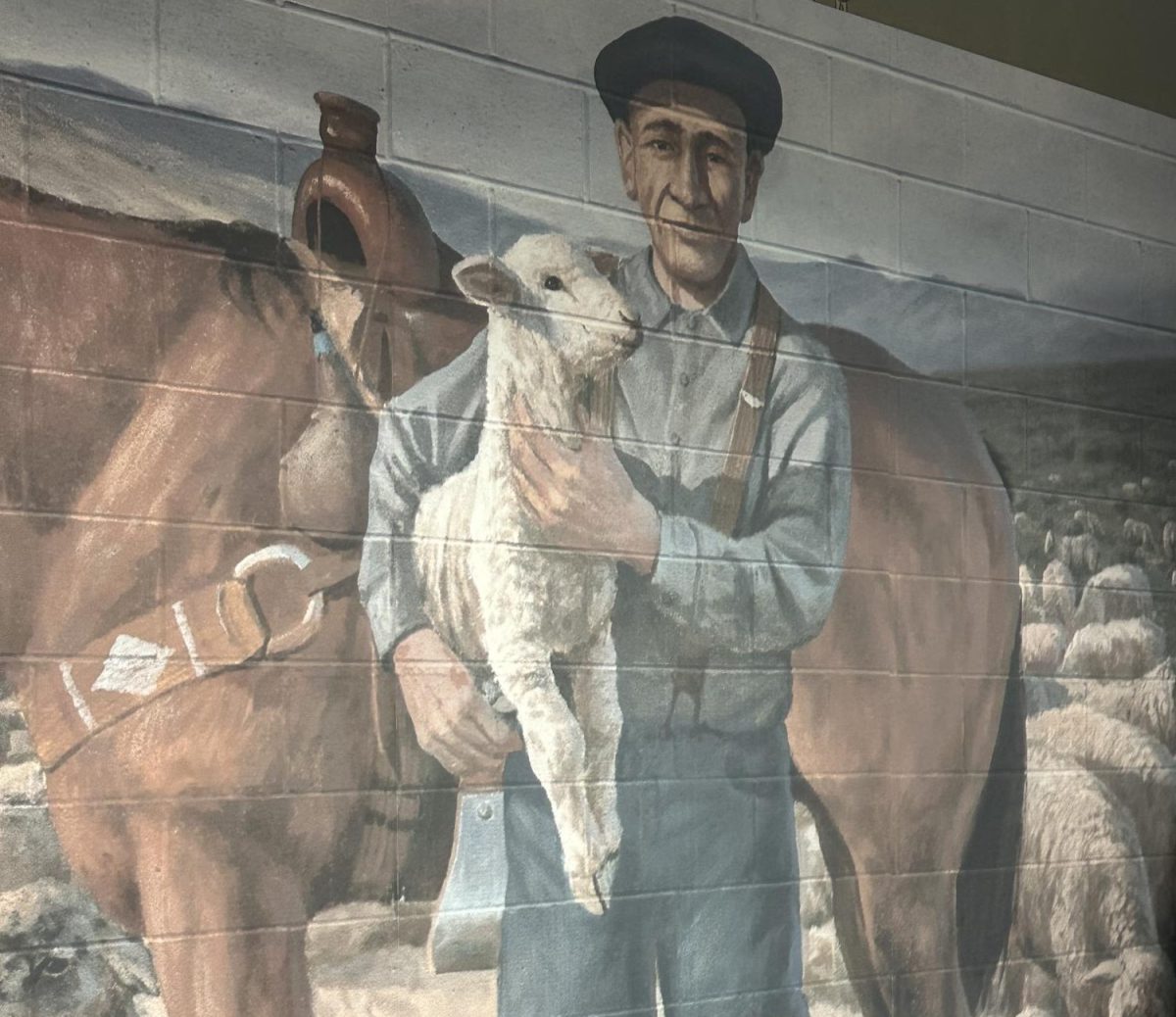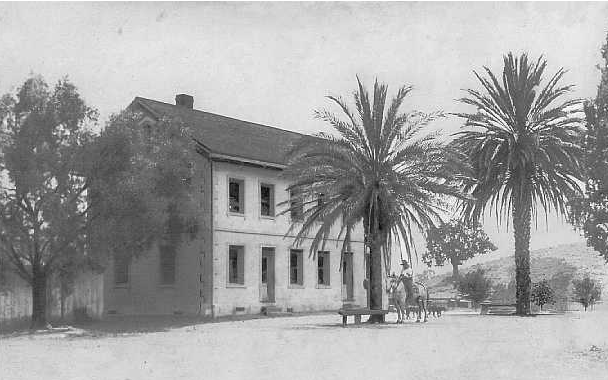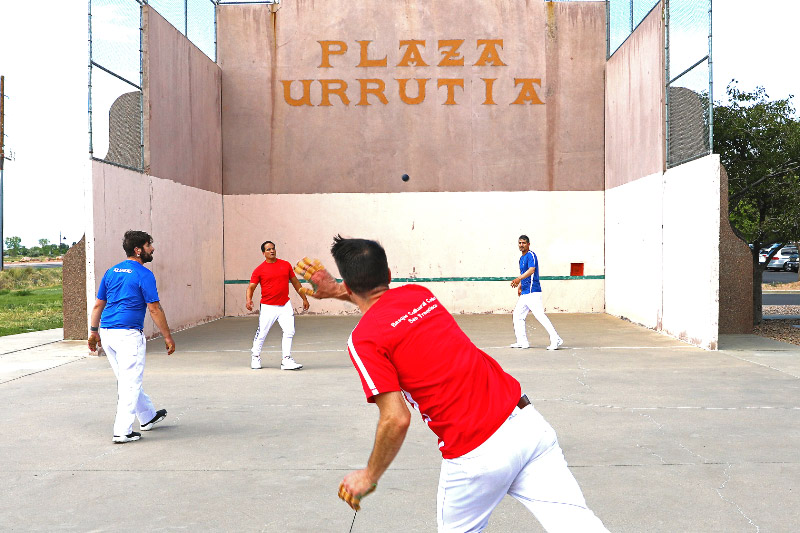Five prominent scholars and journalists were honored for their lifelong contributions in promoting the Basque culture during the Zortziak Bat International Symposium at Boise State University, which coincided with the huge Jaialdi 2025 festival.
Among those recognized was Euskal Kazeta founder and editor Nancy Zubiri.
“I’m so happy to be part of the Basque community and this unique culture. And because it’s so unique, that’s what compels me to write about it,” Zubiri said as she received her award. “Thank you for recognizing me for something that I do simply because I love it so much.”
The other honorees were Nere Lete Bieter, professor of Basque in the World Languages Department at Boise State; Joseba Etxarri Lizeaga, editor of Euskal Kutura; Blas Pedro Uberuaga, founder of Buber’s Basque Page; and Benan Oregi, a Basque government official who helps direct issues involving the Basque diaspora.
David Lachiondo, former director of the Basque Studies Program at Boise State, received a posthumous honor.
The Hamaika Buru Txistu Elkartea, an acclaimed group of txistu players from across the Basque Country, performed during the awards ceremony as the honorees walked onto the stage.
The Zortziak Bat symposium at Boise State University brought together Basques from around the world, including educators, entrepreneurs, artists and government officials. Panelists talked about the global Basque community and explored ways to work together to promote the unique Basque culture.
The theme of the symposium was “Rowing Together,” which symbolized unity and a shared Basque heritage.
“By yourselves, you cannot do much. You need people to row,” John Ysursa, one of the symposium organizers, said before the honorees were presented with small wooden oars that had plaques bearing their names.
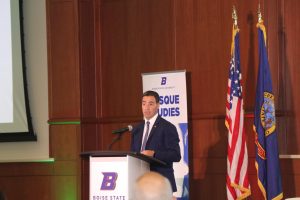
Imanol Pradales Gil, president of the Basque Autonomous Community known as Euskadi, was among those who spoke at the symposium.
He noted that the Basque identity is dynamic and always changing, in part due to new waves of immigrants that have come to the Basque Country in recent years. But the unique Basque culture will endure, he said, because it is rooted in principles such as equality, freedom and social justice.
“I’m optimistic about the Basque identity for the future,” Pradales told the audience.
In other discussions, members of the Arborglyph Collaborative talked about their work to create a digital archive of the artistic carvings etched into aspen trees by Basque immigrant sheepherders who roamed the West with their flocks. The effort to preserve and document the carvings is a partnership between California State University, Bakersfield, Boise State University and the University of Nevada, Reno.
To take advantage of crowd-sourcing, the collaborative has created a GPS web app that allows the public to submit photos and locations of tree carvings that they come across while hiking or touring former sheepherding areas.
“Anyone who has encountered a Basque tree carving in the wild knows their power to fascinate and engage. They speak to us, like all works of art do, in ways that are difficult to articulate but are nonetheless very real and meaningful,” Cal State Bakersfield Professor Steven Gamboa told Euskal Kazeta.
“That’s why it’s important that we work to preserve our Basque arborglyphs.”

